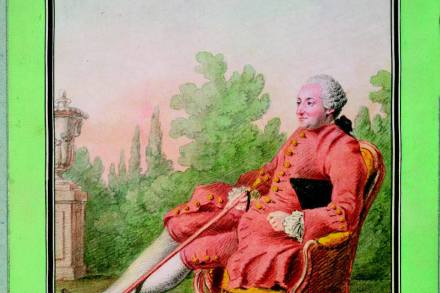Imperfect working order
The publication of Pakistan: A Hard Country could not be more timely. International attention has been focused on Pakistan since the Americans killed Osama bin Laden in Abbottabad. Being in the spotlight generally means trouble for this country that has been bedevilled by war and political drama for over three decades. Foreigners announce goodwill and arrive with generous aid, but Pakistanis are frequently left feeling bruised, as the outsiders become ever more bewildered by the workings of this beguiling and maddening place. Anatol Lieven originally planned to call his book ‘How Pakistan Works’. It would have been a good title, since this is exactly what he tries to explain. The












